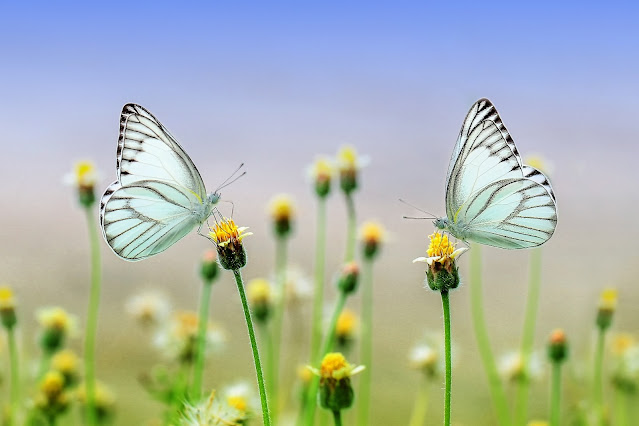Pollinators play a vital role in agriculture, as they are responsible for the pollination of crops, which leads to the production of fruits, seeds, and vegetables. In fact, it is estimated that about one-third of the food that we consume is a direct result of pollination by bees, butterflies, and other pollinators.
Pollination is the transfer of pollen from the male part of a flower to the female part, which leads to the fertilization of the flower and the formation of seeds. Pollinators, such as bees, butterflies, hummingbirds, and bats, are crucial in this process, as they move from flower to flower, spreading pollen as they go.
In addition to ensuring the production of food, pollinators also contribute to the biodiversity of our ecosystem. They help to maintain the health of plant communities and provide food and habitat for other wildlife.
However, pollinators are facing many challenges, including habitat loss, pesticide use, climate change, and disease. The decline in pollinator populations can have significant impacts on agriculture and the environment.
To protect and support pollinators, there are several steps that can be taken. Farmers can implement pollinator-friendly practices on their farms, such as providing habitat and food sources for pollinators and reducing the use of pesticides. Home gardeners can also create pollinator-friendly gardens by planting a variety of flowers and providing nesting sites.
In addition to these practices, there are also efforts to conserve and restore pollinator habitats, such as the creation of wildflower meadows and the restoration of native habitats.
Overall, the importance of pollinators in agriculture cannot be overstated. By protecting and supporting pollinators, we can ensure the production of food and maintain the health of our ecosystem.
Thanks for reading this blog on the importance of pollinators in agriculture. Don't forget to support pollinators by implementing pollinator-friendly practices and conserving their habitats.
#pollinators #agriculture #ecosystem #biodiversity #habitatconservation #pesticides #foodproduction #climatechange #bees #butterflies #hummingbirds #bats #wildlifeprotection








No comments:
Post a Comment